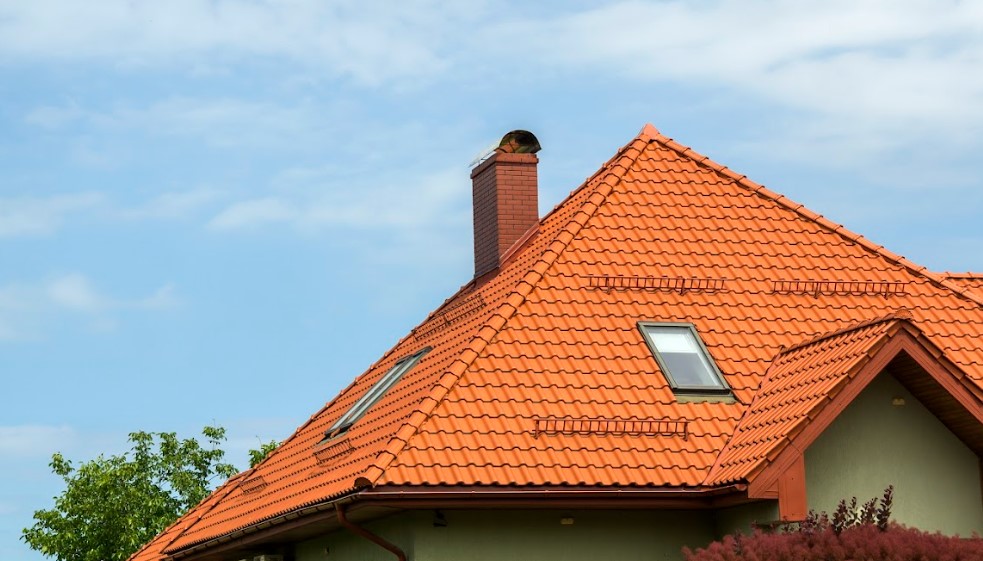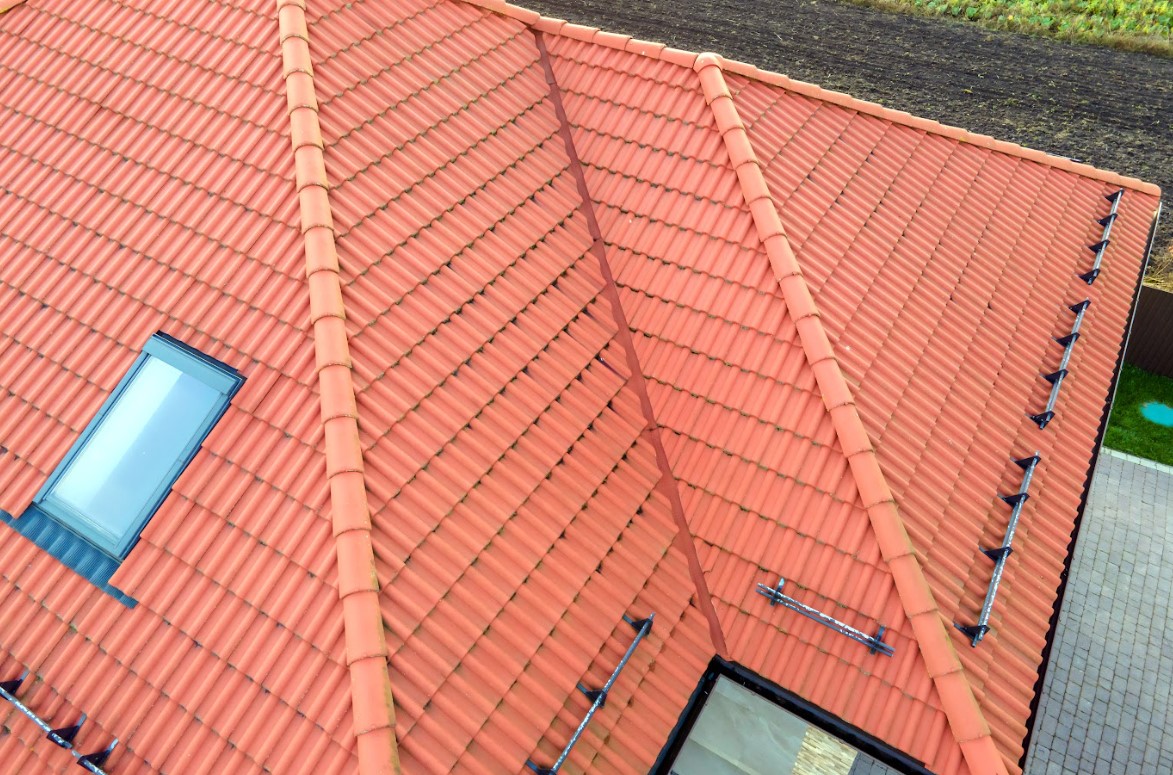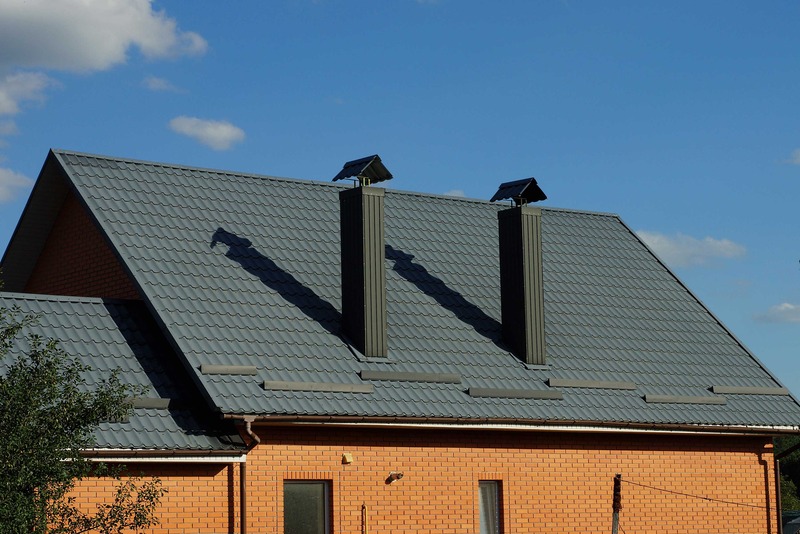When it comes to protecting your home in Charlotte, NC, the roof you choose plays a major role in both performance and curb appeal. Among the many roofing materials available, tile continues to stand out for its timeless beauty, impressive durability, and energy-efficient qualities. But not all tile roofs are created equal.
If you’re considering tile for your next roof upgrade or replacement, understanding the differences between available options is key. In this blog, we’re comparing tile roofing systems—specifically clay, concrete, and synthetic tiles—so you can make an informed decision about which one is right for your home.
Why Homeowners in Charlotte, NC Choose Tile Roofing
Before diving into specific materials, it’s helpful to understand the appeal of tile roofs. In Charlotte, NC, tile roofing is a smart choice for a range of reasons.
Here’s what makes them so popular:
- Durability: Tile roofs resist fire, rot, insects, and extreme weather.
- Energy Efficiency: Tile naturally reduces heat transfer, which helps lower energy bills.
- Longevity: When installed and maintained properly, tile roofs can last for decades.
- Aesthetic Appeal: Few roofing materials offer the same variety and sophistication of design.
The region’s warm, humid summers and occasional severe storms make durability and energy performance essential, and tile delivers on both fronts.
Clay Tile Roofing: Classic Beauty, Timeless Strength
Of all the types of tile roofing systems, clay tiles have the longest history. Used for centuries in Mediterranean and Spanish-style architecture, they offer a warm, earthy look that adds character and elegance to any home.
Clay tiles come with a variety of strengths that make them a popular choice among homeowners:
- Longevity: Properly installed, clay tile roofs can last 75 to 100+ years.
- Thermal Performance: Clay reflects sunlight and allows air circulation under each tile, keeping your home cooler in summer and warmer in winter.
- Low Maintenance: Resistant to mold, rot, and pests.
- Color Retention: The color of clay tile doesn’t fade easily, even after years of exposure to the sun.
However, it’s important to be aware of a few considerations before choosing clay:
- Weight: Clay tiles tend to be heavier, and your roof may need structural reinforcement before installation.
- Cost: The initial investment is higher than some other roofing types, but the long lifespan offsets the upfront expense.
- Installation: Clay tiles are fragile during handling and must be installed by experienced professionals.
In Charlotte, NC, clay tiles are a great match for homeowners looking to add old-world charm and long-term performance to their properties.

Concrete Tile Roofing: Strength Meets Versatility
If you love the look of clay but want something with a bit more rugged strength, concrete tile roofing is a fantastic alternative. Concrete tiles are molded and colored to resemble clay, slate, or wood shakes, offering flexibility in appearance and design.
Concrete tiles offer a blend of durability and design flexibility through the following benefits:
- Impact Resistance: More resilient than clay, making them ideal for homes exposed to hail or falling debris.
- Affordability: Less expensive than clay tiles but still extremely durable.
- Design Options: Comes in a wide variety of colors and profiles to suit different home styles.
- Fire and Wind Resistance: Excellent protection during severe weather events.
That said, there are a few things to keep in mind if you’re considering concrete tile roofing:
- Moderate Weight: While lighter than clay, concrete tiles are still heavier than asphalt shingles and may require some roof reinforcement.
- Porosity: Concrete is slightly more porous than clay, which means it may absorb more moisture over time, but modern finishes and coatings reduce this risk.
- Appearance Over Time: Color coatings can fade, though many manufacturers offer long-lasting pigment technologies to minimize wear.
Concrete tile roofs are especially practical for homeowners in Charlotte, NC, where hailstorms and strong winds are not uncommon. They balance style, cost, and strength, making them one of the most popular options when comparing tile roofing systems.

Synthetic Tile Roofing: Lightweight Innovation
The newest option among today’s types of tile roofing systems, synthetic tile brings modern innovation to traditional style. Made from composite materials such as recycled plastic, rubber, or engineered polymers, these tiles mimic the appearance of natural clay or concrete without the weight or fragility.
Homeowners are drawn to synthetic tile for a number of standout benefits:
- Lightweight: Suitable for nearly any roof structure, even those that can’t handle heavy materials.
- Durability: Often Class 4 impact-rated and resistant to cracking, warping, mold, and UV damage.
- Eco-Friendly: Many synthetic tiles are made from recycled content and are fully recyclable.
- Aesthetic Flexibility: Available in styles that look just like traditional clay or slate, often with custom color blends.
- Lower Installation Costs: Easier and faster to install than heavy tile systems.
Even with their advantages, synthetic tiles come with a few considerations:
- Newer Technology: While synthetic tiles are engineered for performance, they haven’t been around as long as clay or concrete, so long-term results are still emerging.
- Cost: Some high-quality synthetic tile systems can be just as expensive, or more so, than clay, depending on the brand and customization.
For homeowners in Charlotte, NC, looking for high performance without the structural requirements or fragility of traditional tile, synthetic roofing offers an attractive, low-maintenance solution.
Comparing Tile Roofing Systems: At a Glance
When deciding between tile roofing materials, it helps to understand how each one compares in terms of lifespan, durability, and overall performance.
Clay Tile:
- Lifespan: 75–100+ years
- Weight: Heavy
- Durability: Excellent
- Cost: High
- Maintenance: Low
- Best For: Historic and high-end homes
Concrete Tile:
- Lifespan: 50–70 years
- Weight: Moderate
- Durability: High
- Cost: Moderate
- Maintenance: Low to moderate
- Best For: Versatile styles in storm-prone areas
Synthetic Tile:
- Lifespan: 40–50+ years
- Weight: Light
- Durability: Very high
- Cost: Moderate to high
- Maintenance: Very low
- Best For: Lightweight, modern alternatives
As you can see, each tile type offers a unique balance of beauty, strength, and practicality. The right choice depends on your home’s structure, your personal style, and your long-term goals.
What’s the Best Tile Roof for Your Home in Charlotte, NC?
There’s no one-size-fits-all answer. The best choice depends on your home’s architectural style, structural needs, and personal preferences. If you live in an older home with a traditional aesthetic, clay tile may be the perfect fit. For newer builds or those exposed to harsh weather, concrete tile offers outstanding durability. And if you’re looking for something low-maintenance and lightweight, synthetic tile could be exactly what you need.
No matter which material you choose, professional installation is critical to the performance and longevity of your roof. That’s where we come in.
Schedule Your Free Tile Roof Inspection Today
If you’re thinking about upgrading your roof and want expert guidance on comparing tile roofing systems, our experienced team is here to help. We specialize in installing clay, concrete, and synthetic tile roofs in Charlotte, NC and can walk you through the pros and cons of each option based on your home’s specific needs.
Schedule your free inspection today and take the first step toward a roof that’s as strong and beautiful as the home it protects.




